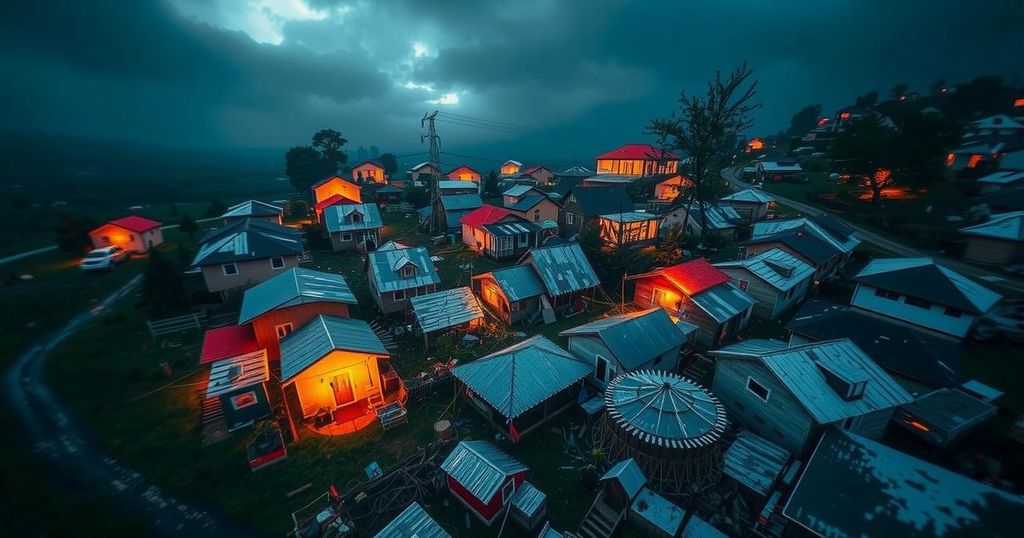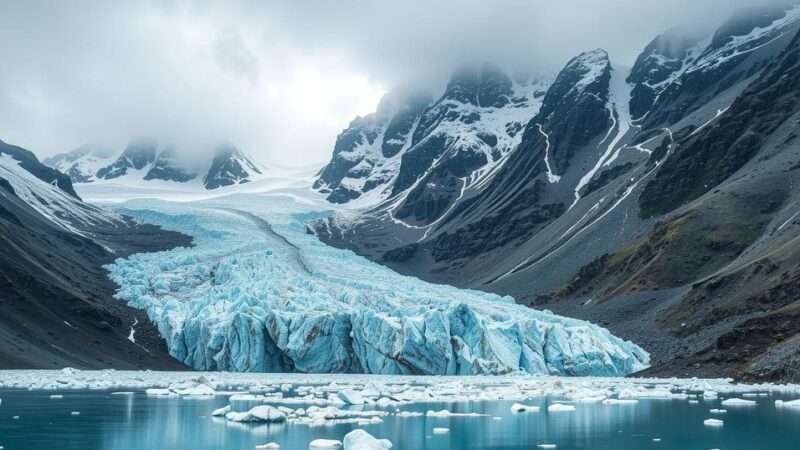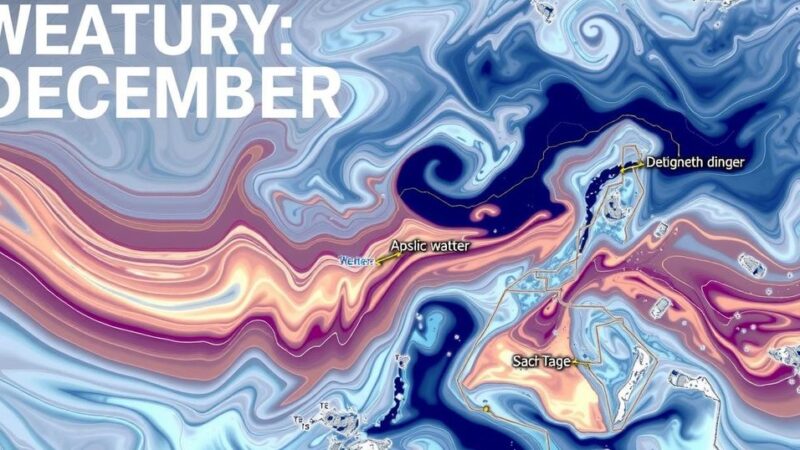Climate change is having a devastating impact on farmers and fisherfolk in South and Southeast Asia, significantly affecting their livelihoods. This year’s severe monsoon and record temperatures highlight the growing challenges of illegal fishing, overfishing, and relocations due to climate-induced effects. Noteworthy weather patterns like the Indian Ocean Dipole and El Niño are becoming more frequent, further complicating the lives of vulnerable communities. Global leaders have pledged to combat these issues, with calls for serious commitment towards sustainable practices.
The escalating impact of climate change is disproportionately affecting the most vulnerable populations, particularly farmers and fisherfolk across South and Southeast Asia. This year’s monsoon has arrived with unprecedented severity, marking the conclusion of a challenging drought that lasted for years. The intersection of record high temperatures and intensified rainfall—triggered by climate change and human-induced pollution—has left many struggling to sustain their livelihoods amidst these challenging conditions. Farmers and fisherfolk, already plagued by socio-economic struggles, now face additional challenges such as illegal fishing practices, overfishing, and restrictions caused by upstream dams. These factors, compounded by climate change, are driving families to relocate in search of better living conditions. The situation echoes a phenomenon first identified in 1896 by science, which has since evolved into a palpable threat recognized globally at the annual Conferences of the Parties (COP). Scientific advancements have refined our understanding of weather patterns like the Indian Ocean Dipole and El Niño, which now lead to increased weather extremes. The Indian Ocean Dipole affects rainfall distribution in regions from East Asia to West Australia, while El Niño influences conditions from the Americas to Japan. As we undergo a climate crisis, these patterns are occurring with increasing frequency, significantly disrupting weather systems and asserting greater control over agricultural and marine activities. The impact of global warming on ocean temperatures has immense consequences, with oceans absorbing approximately 90 percent of rising greenhouse gas emissions. Notably, 2024 has already witnessed unprecedented heat waves and devastating storms, such as Typhoon Yagi, which took hundreds of lives and left millions without basic needs, including clean water and healthcare. Moreover, as increasingly severe storms emerge as a new norm, they are wreaking havoc on infrastructure, particularly in impoverished communities. These events not only challenge agricultural output but also contribute to significant health problems exacerbated by smoke from forest fires and toxic haze, further affecting vulnerable populations. At COP 28, held in Dubai, global leaders pledged substantial financial commitments aimed at transitioning towards sustainable energy solutions and mitigating the effects of climate change. Pagans of change, including Pope Francis, have raised awareness regarding the urgent need for collective action to address this crisis. Highlighting the dire realities faced by those forced from their homes due to climate events, he encourages individuals and communities to reassess their lifestyles and engage in meaningful environmental stewardship.
The plight of the poor, exacerbated by climate change, has been increasingly documented and studied. Farmers and fisherfolk are typically at the frontlines, facing both short-term and long-term threats posed by violent weather patterns linked to global warming. The increase in the frequency and intensity of storms, droughts, and associated natural disasters has not only economic implications but also severe social ramifications for communities dependent on natural resources. Framed within the broader context of international climate agreements, these issues highlight the need for urgent action and support for at-risk populations.
In conclusion, the intersection of climate change with socio-economic vulnerability present a grave challenge that necessitates immediate action. The ongoing deterioration of living standards among farmers and fisherfolk requires collective efforts from governments, communities, and individuals to address both environmental concerns and the root causes of poverty. As global climate events intensify, fostering resilience and sustainable practices will be critical in safeguarding livelihoods and the environment for future generations.
Original Source: www.heraldmalaysia.com







